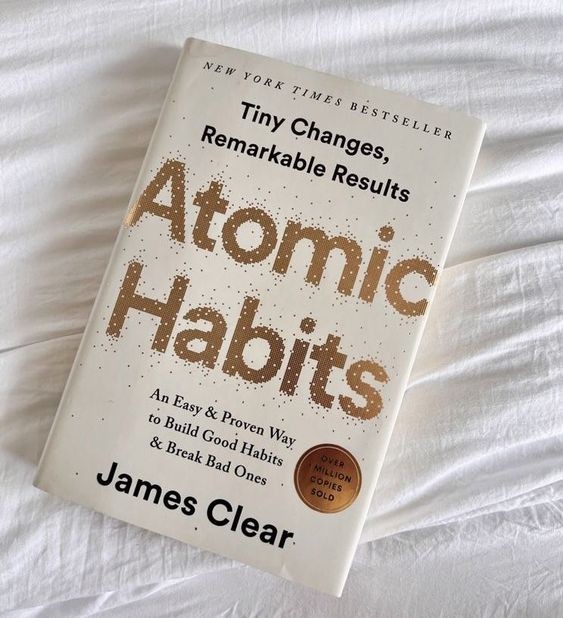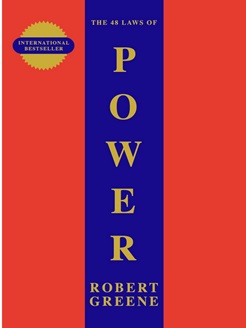IKIGAI Book Review : A japanese secret to a long and happy life
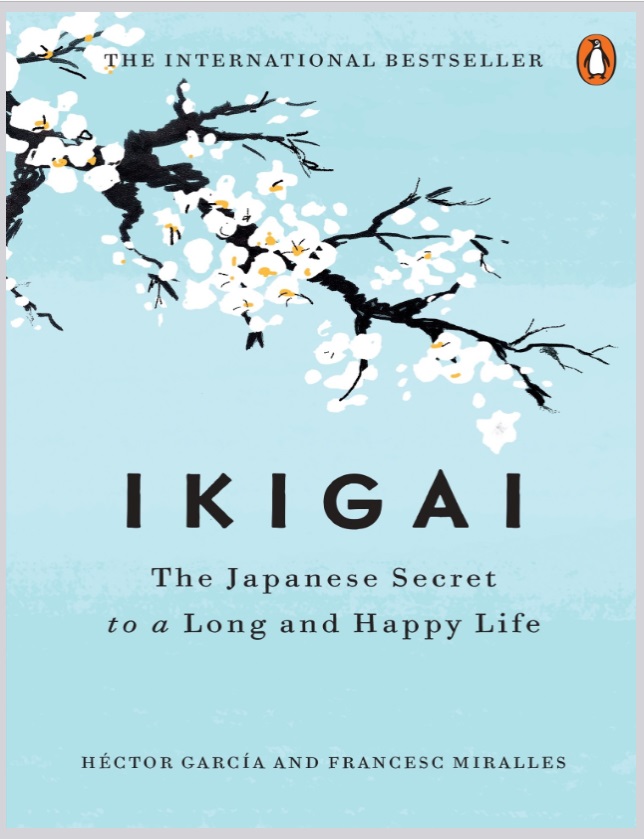
Table of Contents
Introduction : IKIGAI Book Review
Ikigai: The Japanese Secret to a Long and Happy Life.
- Cultural Insight: Ikigai introduces us to a Japanese word denoting a “reason for being,” which is, in turn, part ancient wisdom and part practical advice for living well.
- Focus on Longevity: The book draws on the secrets of Okinawa, Japan, which is home to some of the world’s longest-living people.
- Interdisciplinary Method: By changing personal solutions with psychology and philosophy, it provides a holistic view, giving ways of finding one’s purpose and meaning in life.
- Universal Applicability: It is a book for each and everyone since its principles have been crafted in a way that they will be very attractive to readers from different cultures, while at the same time offering them advice on how to go about finding balance and joy throughout life.
- Practical Guidance: actionable tips, reflective exercises, and real examples help readers find their personal Ikigai and align their lives accordingly. This sets up a great, informative review.
IKIGAI : The Art of Staying young while Growing old
IKIGAI Book Review : Chapter 1
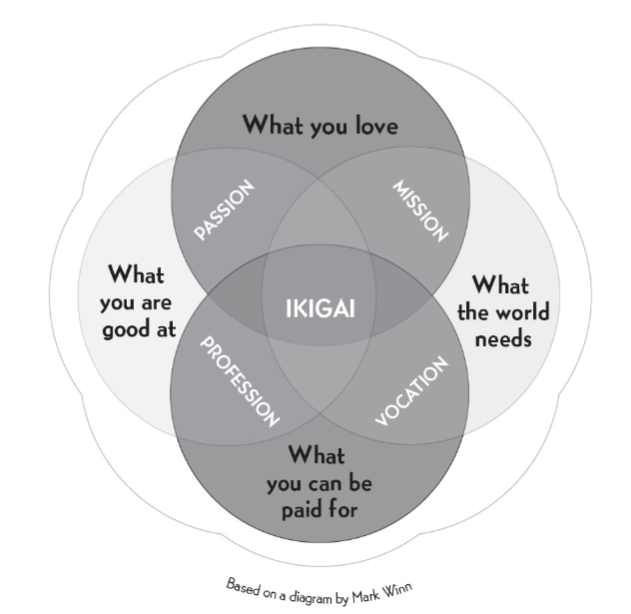
IKIGAI : Finding Purpose and Longevity.
As per IKIGAI Book Review, The Japanese believe that everyone has an ikigai, which translates to a reason for being-a thing that provides a sense of purpose, and thus, happiness in life. The people of Okinawa, Japan, who are highly regarded for their longevity, claim that the reason they rise in the morning is because of their ikigai.
They are active, almost never retiring from doing things that are loved for as long as possible while still being able to. Okinawans also generally eat healthily, are known for their ability to stop eating at 80 percent full, and harbor strong connections via supportive Moai communities.
It is this aspect of their lifestyle that keeps incidence of heart disease and dementia rates so dismally low. The growth of purpose, strong social connections, and moderate exercise are other factors now scientifically proven to promote a long and happy life.
Okinawa is one of those five Blue Zones, together with Sardinia, Loma Linda, and the Nicoya Peninsula; not forgetting Ikaria in Greece. These are areas where themes of good nutrition, community living, and purpose in life have been highlighted, hence providing lessons for all as mentioned in IKIGAI Book Review.
ANTIAGING SECRETS : Little things that add up to a long and happy life
IKIGAI Book Review : Chapter 2
As per IKIGAI Book review, taking care of your mind and body will help you live a longer, happier life. On average, scientists say that keeping the brain active-tasks such as learning new things, playing games, or trying new activities-will help keep the brain healthy and thus slow the aging process.
It’s like giving your brain a workout! Stress may harm your body and cause you to age prematurely, so it’s especially important to try to keep calm and relax by deep breathing, yoga, or mindfulness.
Equally important is to remain physically active. Prolonged periods of inactivity may have an impact on health, but simple changes such as increased walking or participation in sports will make a huge difference.
Time spent at rest provides the opportunity for healing and strengthening the body. Another key to longevity is an upbeat, positive attitude. Smiling at challenges and keeping in touch with friends and family can make life enjoyable. Those habits assist one in leading a healthy, long, and fulfilling life.

FROM LOGOTHERAPY TO IKIGAI : How to live longer and better by finding your purpose
IKIGAI Book Review : Chapter 3
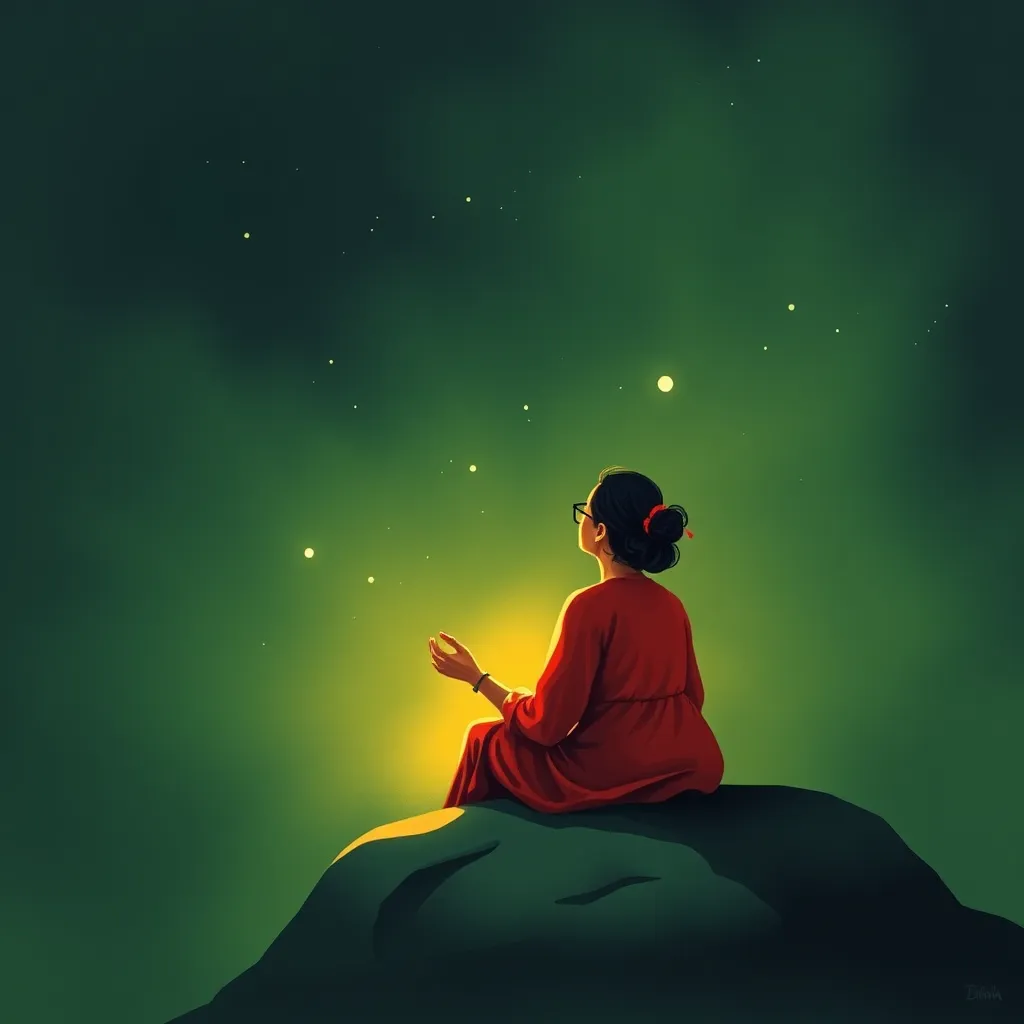
Viktor Frankl was a prisoner during World War II and a doctor. He believed that a person has to find a meaning in life in order to be able to bear with anything. He had developed therapy called logotherapy, which was oriented to help people find purpose. For instance, during his survival in the harsh concentration camps, Frankl found meaning by thinking about the rewriting of his lost research. This gave him a reason for living and strength against the ordeals of life.
It is quite different from classic psychoanalysis: rather than approaching retrospection, its sights are set on prospecting in the horizon, on the search for an existentially grounding raison d’etre. Logotherapy’s premise is founded on the thought that it is the frustration belonging to the category of noogenic neuroses resulting from an overwhelming feeling of life devoid of purpose that can lead man to self-distraction. It is a kind of derivative of Morita therapy, whereby people are basically asked to accept their feelings and then shift the focus onto actions-very similar to the principles of ACT.
As per the ikigai book review, both types of therapy are related to the discovery of ‘ikigai’-a reason for living that is unique to each of us. Once discovered, one may begin to face the various challenges that life has in store with bravery, resolve, and determination to grow strong.
FIND FLOW IN EVERYTHING YOU DO : How to turn work and free time into spaces for growth
IKIGAI Book Review : Chapter 4
…discover clues about your ikigai—the activities that give your life purpose and fulfillment. These insights can guide you toward structuring your days around activities that naturally engage and energize you.
While it may be grand, the pursuit may also be in something so minimal, such as daily rituals, a skill that has taken years to master, or mundane activities one makes grand through meaning and joy. Ways to narrow this concept down to the ideas of flow and ikigai include:
- Experiment with Variety: Do different activities to find out in which ones you can irresistibly immerse yourself.
- Reflect on Joyful Moments: Recall those moments in which, while being truly engaged, you experienced deep satisfaction.
- Adapt Rituals to Flow: Turn high-level goals into a set of smaller, achievable rituals one can repeat with the same focus and intention.
As more flow-inducing activities are integrated into your life, not only will you find your ikigai but also greater happiness and productivity.

MASTERS OF LONGEVITY : Words of wisdom from the longest-living people in the world
IKIGAI Book Review : Chapter 5
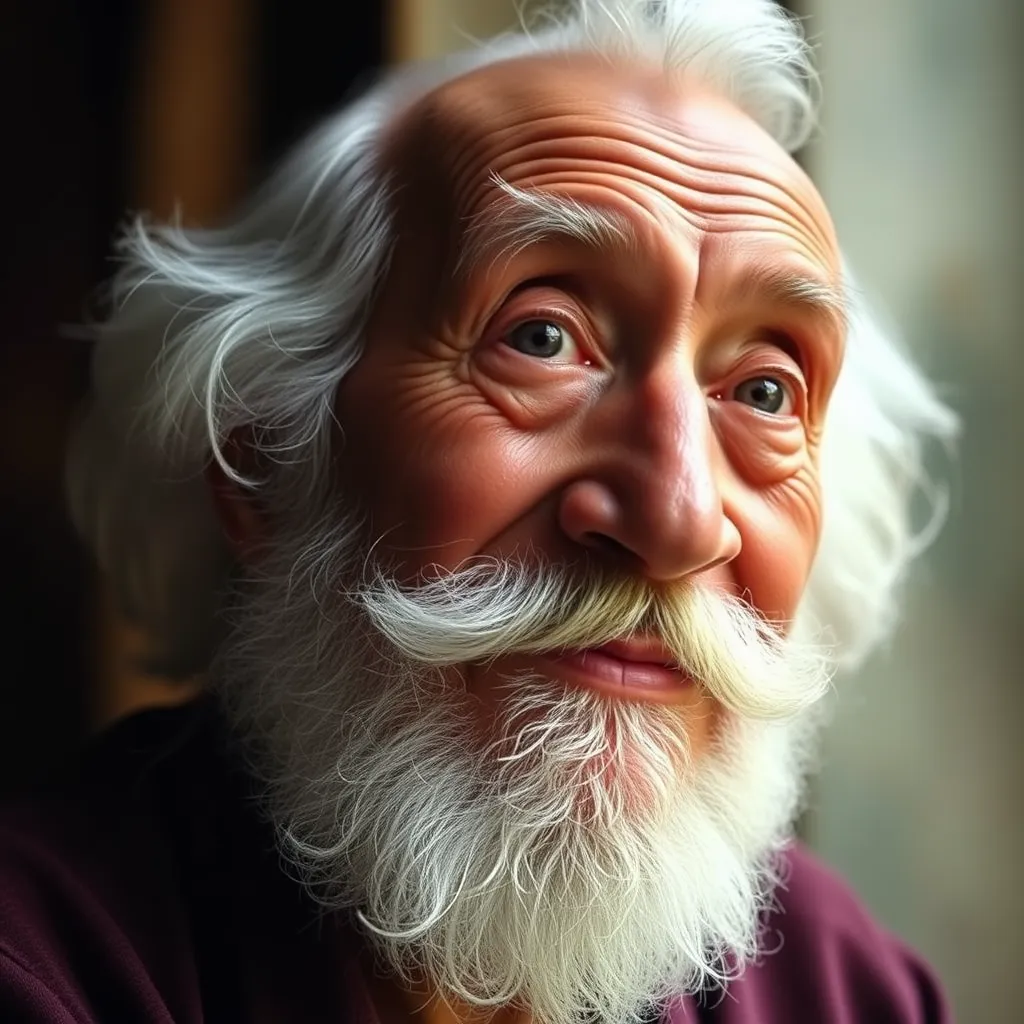
As per IKIGAI Book Review, there are exceptional cases in which individuals live very long which is not usual, such as super-centenarians, or persons living beyond 110 years. Numerous studies have been conducted to unravel the secret of their longevity. Most say simple things matter: good food, exercise, and positive thinking. Misao Okawa, who lived to 117 years, pointed out that eating sushi and sleeping well while staying relaxed was the key. María Capovilla, who reached 116, never ate meat and was happy. Jeanne Calment, who reached the oldest age of 122, had a great sense of humor and enjoyed life. For another example, Walter Breuning, who lived to be 114, attributed his long life to staying busy.
The Japanese are among the longest-lived people in the world, owing to their healthy diet, strong community ties, and finding a reason for living, or ikigai, in life. Many elders continue to work, practice art, and help others. They motivate us to strive for a healthier, happier, and more meaningful life as mentioned in IKIGAI Book Review.
LESSONS FROM JAPAN’S CENTENARIANS : Traditions and proverbs for happiness and longevity
IKIGAI Book Review : Chapter 6
As per IKIGAI Book Review, Ogimi is a small town in Okinawa, Japan. Ogimi is known for its long-living and happy people. Life in Ogimi feels like being part of a big family. People work together on community tasks instead of focusing on money making work. The town is surrounded by forests. Houses are spread around the sea coast.
The residents of Ogimi enjoy a simple life. They grow their own vegetables, celebrate birthdays and festivals, and play games like gateball. Smiling, staying active, and being kind are their secrets to a long life. They value friendships and gather daily for tea, dancing, or singing as mentioned in IKIGAI Book Review.
Ogimi’s people also believe in spirits and respect nature deeply. Spirituality, traditions, and helping others are important parts of their lives. They find joy in small things and live unhurriedly. Their motto is to smile, stay busy, and appreciate every day. This happy and relaxed way of life helps them live long and healthy lives.

THE IKIGAI DIET : What the world’s longest-living people eat and drink
IKIGAI Book Review : Chapter 7

Okinawa is a prefecture in Japan and houses the world’s highest percentage of people over 100 years old. Since Okinawa was the center of fierce battles during World War II, people had quite a rough time after the war. However, they turned out to be the longest-living people in Japan.
As per IKIGAI Book Review, This has been attributed by experts to their healthy lifestyle and diet. Okinawans walk or ride a bicycle quite often since there are no trains, and they consume low levels of salt. Vegetables, fruits, and fish are in plenty in their diet; however, sugar is scarcely taken.
The Okinawan principle has been that of ‘hara hachi bu’, meaning one should stop eating when one is 80% full. Okinawans also take green tea and jasmine tea, both have antioxidants helping them stay fit. They take in other such eatables that include nutrient-rich items like tofu, miso, sweet potatoes, and shikuwasa. These protect them from diseases and keep them healthy for long, with a life expectancy also high.
GENTLE MOVEMENTS, LONGER LIFE : Exercises from the East that promote health and longevity
IKIGAI Book Review : Chapter 8
It is also a system that can improve health, involving mind, body, and breathing. Such practice will help reduce blood pressure, lower the risk for heart ailments, decrease the effects of cancer treatments, and slow down the process of aging. To learn it, one has to control the regulation of body, breath, mind, and energy.
The practice is composed of five elements: Earth, Water, Wood, Metal, and Fire-each with a particular movement in order to balance the energies in the body. For instance, in Earth posture one stands and inhales deeply while in Fire posture one turns the body and uses the arms to generate energy.
Qi gong aids in circulation, balance, and gives mental clarity. Other examples include the Japanese practices of Shiatsu, which apply pressure points for the same reason-to enhance the flow of energy, and also very useful breathing exercises, such as The Six Healing Sounds, that perfectly synchronize breathing with the functions of the body to contribute to a general improvement in health. All these will bring calm and balance into body and mind and will take toward a healthier and longer life.
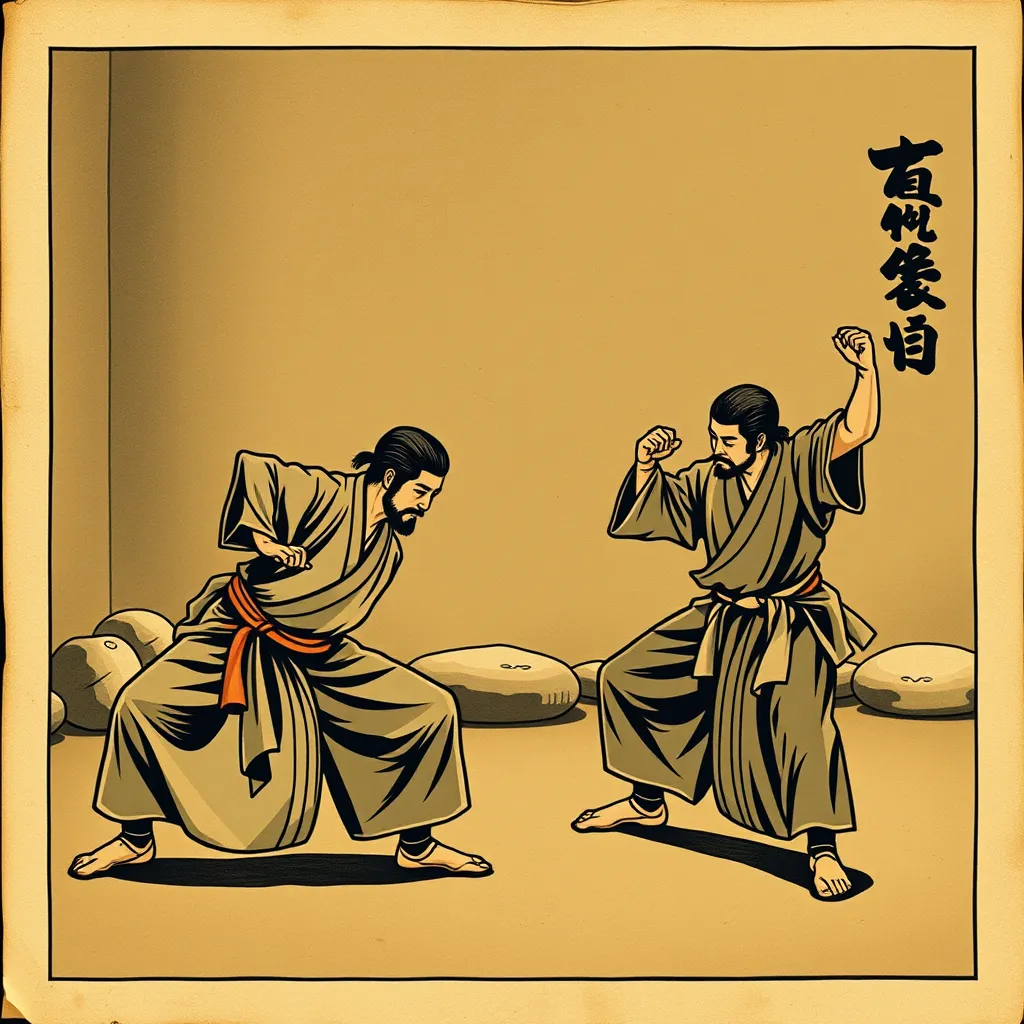
RESILIENCE AND WABI-SABI : How to face life’s challenges without letting stress and worry age you
IKIGAI Book Review : Chapter 9

Being resilient means being strong, not giving up, and life cannot get you down. It’s like falling down seven times, and then getting up eight, like the Japanese saying goes. Resilient people keep their focus on those things they can control and keep bad feelings at bay. They keep trying to do things that are important to them.
Two ancient philosophies, Buddhism and Stoicism, advise us on how to remain cool and not get carried away with the things which may not last forever; instead, they suggest enjoying life with moderation and not allowing desires to take over one’s existence. Instead of being anxious, we should live for at the present and changes in life gracefully.
After all, resilience can enable one to learn and grow; in other cases, they might even become stronger, somewhat like the Hydra mythical creature that grew stronger with every injury. With life’s twists, ups, and downs, resilience allows for joy and meaning in every moment.
Conclusion
- It is a journey, not a destination. To find and start living your ikigai, in other words, it would involve those little things: opportunities for small pleasures, activity, and purpose in daily life.
- The wisdom of the Okinawans, life for them is best lived with a grateful heart in the company of good friends, their roots in the present moment. A cheerful attitude, reconnecting with nature, or just doing something you love—ten principles to help nurture meaning for your life at any turn in the road.
- Bear in mind that your ikigai doesn’t need to be huge or extraordinary; it’s simply in those things that fill you with passion and those connections that enrich your spirit.
- According to him life is not a puzzle to be solved but enjoyed as a process. Therefore, keep moving forward with a curious and grateful mind, letting your Ikigai lead you to a meaningful and fulfilled life.
Some useful links:
- BooksAndMore ikigai book review
- IKIGAI Book

